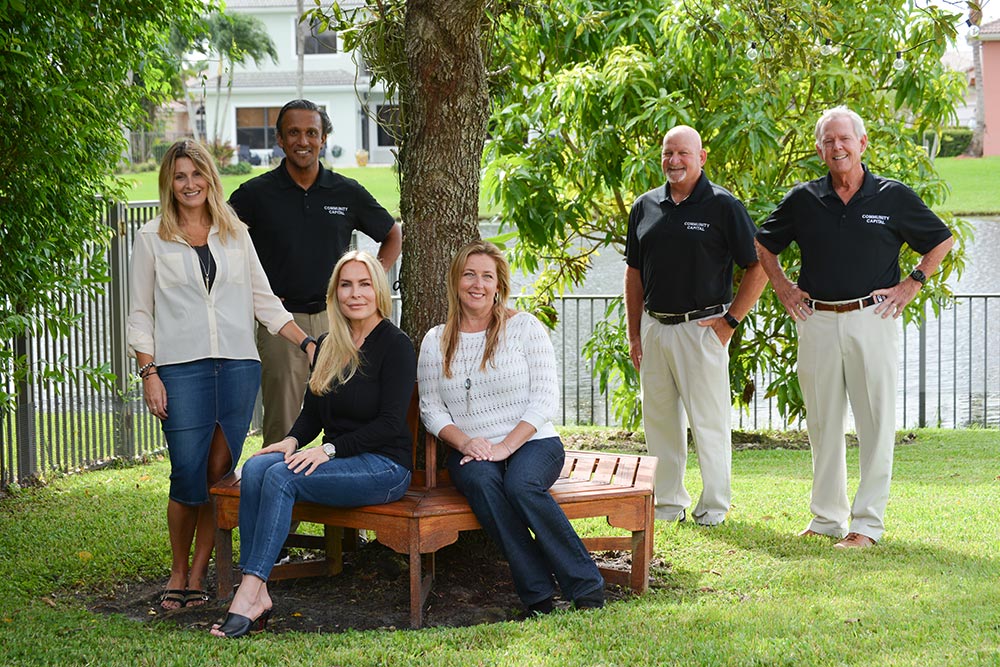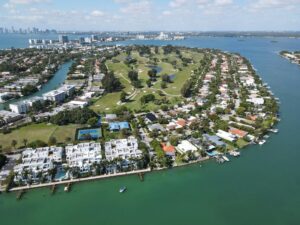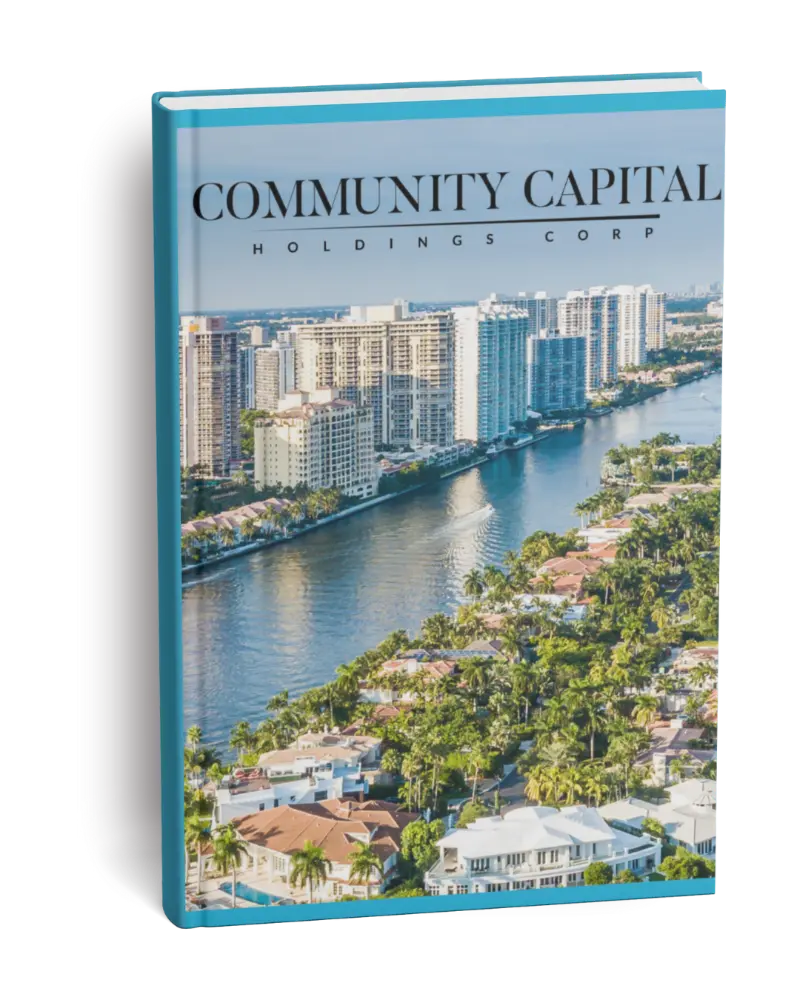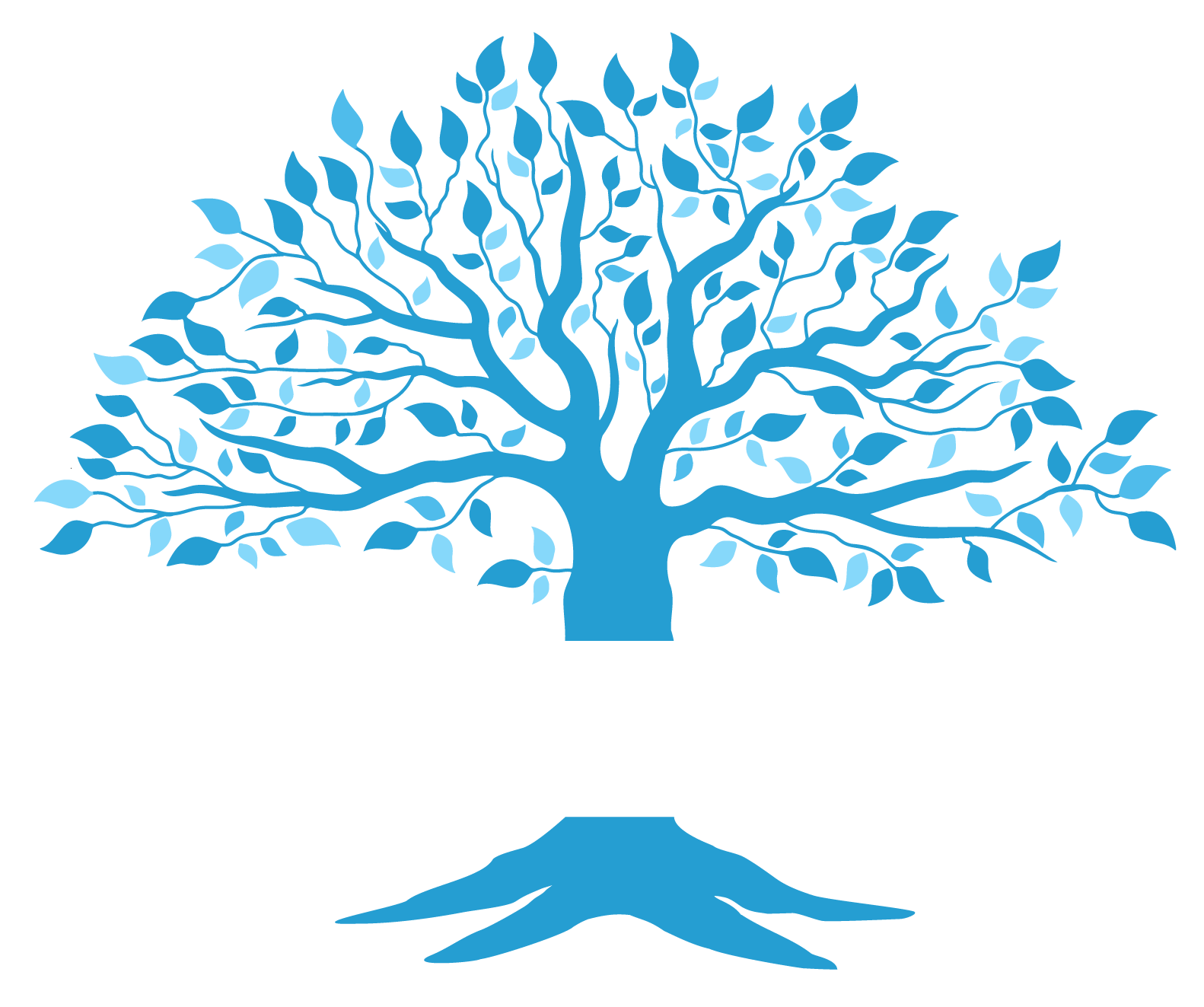The past two years has seen a major exodus of workers moving out of the office and into remote working, and this transition is affecting real estate investment.
Remote work is not a phenomenon born out of the pandemic, although it has certainly normalized and standardized the trend. Certain sectors, especially digital, tech and startups, were already experimenting with work from home models for their workforce.
Some investors forecast that remote work is simply a trend that will die off with the end of the pandemic and people will return to in-office work in due time, while others warn that the remote trend is here to stay and most businesses will move their operations completely remote.
The truth is somewhere in the middle.
While investing in commercial office spaces was long considered one of the most stable investments you could make. But with large companies like Twitter announcing they are going completely remote, investing in large office spaces may not be the sure thing it once was.
As the pandemic progresses and peoples’ priorities continue to shift, some percentage of the workforce will certainly return to the office, but remote work is here to stay. And investors must adapt.
We’ve put together a summary of the ways real estate – both residential and commercial – has changed because of remote workers, so you can make the best real estate investment decisions.
How work from home has changed residential real estate
The mass influx of remote workers coupled with pandemic concerns for safety has led to people moving away from densely populated cities like NYC and LA, to smaller cities and more rural options in the periphery.
In the past, workers were drawn to larger cities because of the plentiful job opportunities and higher pay. Now that working remotely is an option, workers can elect to live in a place that has less work opportunities but higher quality of living. Many of these remote job seekers can even command the same salaries they were seeing from big city companies without the hassles and headaches of big city living.
Locations that were previously thought of only as vacation and leisure destinations, like South Florida, are now becoming viable options for both individuals and industries looking for an improvement in their quality of life.
Investing in rental properties in these smaller, lesser known locales – like cities and towns throughout Florida – ensure high quality of living and allow workers to improve their living situations without sacrificing salary.
Another trend that is becoming apparent is that living close to downtown areas is becoming less important. Workers are willing to agree to longer commute times now that they’re not expected to go into the office every single day. Therefore, housing in the suburbs is increasing in demand.
When choosing an income producing residential property to invest in, choose houses that have a clearly delineated office space to help attract these remote workers. Buyers are increasingly indicating that having a separate space to work is essential if they are to work from home. Houses with office spaces are important when investing in Airbnb properties as well, as remote work means that people can vacation more often as long as they are able to work.
Building coworking spaces in multi-family developments is also becoming increasingly popular. People aren’t satisfied with one small, sparsely decorated room as a work space. Workers are attracted to large, airy coworking spaces that will help foster concentration and productivity, an important thing to think about as an investor interested in capitalizing on the remote work trend.
What Work From Home Means For Commercial Real Estate
Businesses may be straying away from the model of large headquarter offices, at least for now, but that doesn’t mean that office spaces aren’t worth investing in – it just depends on what kind of space and where it’s located.
In order to accommodate workers that prefer to work remotely, many businesses are scaling down their larger offices and focusing on more functional spaces that facilitate a hybrid work model.
Instead of building large common areas and spending money on making amenities the focus – lounges, gyms, etc. – businesses are reconfiguring their office footprints and making the most of smaller spaces to stay nimble. The key is adaptability.
Other features that may be attractive to investors seeking office or commercial spaces is the focus on addressing health and safety concerns that come with returning to the office. Top of the line air filtration systems, no touch doors, and cutting edge technology and security are all attractive features. Keep these features in mind when investing in office and commercial space, and it will help attract high quality, steady renters looking for the most modern buildings.
The demand for coworking spaces is rising, as workers prefer the flexibility of remote work, but like to get out of the house in order to maximize productivity. Coworking spaces are a great investment, because the need for them is stronger than ever and projected to remain in demand.
Work from home has changed a lot for real estate investors, but that doesn’t mean that opportunities are dwindling. In fact, with these changes now is the best time to adapt to the changes and make the right investments.
Investing Smart For the Future
At Community Capital Holdings, we have our pulse on all the current changes and trends in real estate investing, because we believe that every change presents new opportunities.
With over 120 years of combined real estate investment and banking experience – and a wealth of industry connections – we know the South Florida market better than anyone.
We are Florida’s premier provider of private real estate loans and have funded millions of dollars in successful real estate projects throughout the state of Florida and have a proven track-record of success.
Our quick decisions, local connections, and asset based loans allow qualified real estate investors in Florida to get the financing needed in order to invest in non-homesteaded (rental and investment) property types such as:
- Commercial properties
- Office buildings
- Retail properties
- Single-Family and Multi-Family Homes (Investment only)
- Townhouses and Condos
- Apartment Complexes
- Special-Use Properties
- Warehouses and Industrial
- Construction projects
- Mixed-Use
- Medical Office-Condo
To learn more about the state’s ever-changing real estate investment market or to invest in real estate right here in Florida, contact us or by calling (954) 947-1232.








